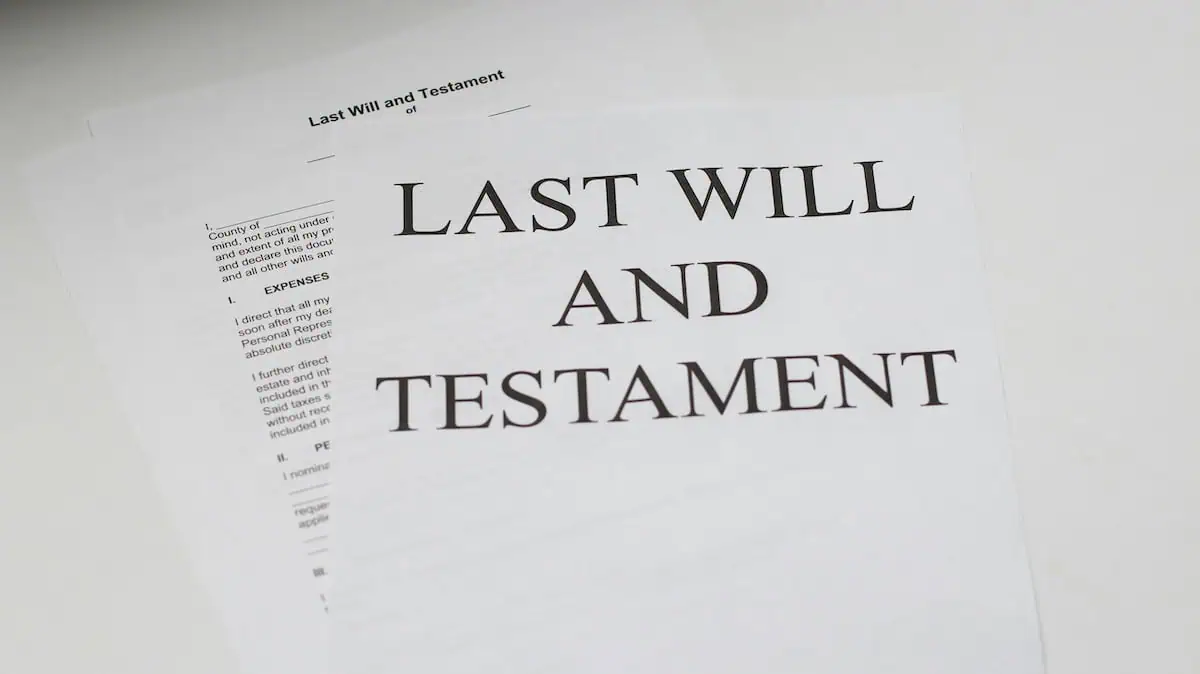After someone passes away, their will or estate plan is meant to offer clarity and direction. Unfortunately, it often does the opposite, leading to conflict among family members and beneficiaries.
A wills and estates lawyer in Barrie can help reduce such tensions by ensuring legal clarity in estate planning, but even the most well-prepared documents can lead to disputes when emotions run high.
Unequal Distribution of Assets
One of the most common sources of tension is perceived unfairness in the division of the estate. If one child receives more than another or is gifted a sentimental item that others expected, this can spark lasting resentment. Unequal treatment may have a rationale.
For example, maybe one child was a caregiver or had greater financial need. But if this is not explained clearly in the will or discussed beforehand, it often leads to litigation. In many cases, a lack of communication is what drives these disputes rather than the actual value of the assets.
Questioning Mental Capacity
Another frequent issue arises when beneficiaries question whether the deceased was of sound mind at the time the will was made or changed. These challenges often emerge if the testator had dementia, Alzheimer’s, or another cognitive impairment, or if a significant change to the will was made late in life.
Family members may claim the person was unduly influenced or lacked the mental capacity to make sound decisions, leading to legal challenges that can stall estate distribution for months or even years.
Executor Disputes
The executor is responsible for managing the estate, paying off debts, filing taxes, and distributing assets as directed. It’s a demanding and often thankless job. Conflicts arise when the executor is perceived to be favoring certain beneficiaries, delaying the process, or mismanaging funds.
Sometimes, multiple people want the role, or beneficiaries believe a more neutral third party should have been appointed. If the executor is also a beneficiary, the chance of disputes increases.
Disagreements Over Property
Real estate often becomes a focal point for conflict. A cottage, family home, or farmland may hold significant sentimental or financial value. One beneficiary might want to keep it, while another prefers to sell and split the proceeds.
Without clear direction in the will, these disagreements can become entrenched. Co-ownership clauses can also lead to long-term disputes if beneficiaries cannot agree on how to manage, maintain, or use the property.
Claims From Dependents or Unnamed Individuals
Even a valid will can be challenged under certain circumstances. In Ontario, dependents such as minor children, spouses, or disabled adult children may make claims if they feel they were inadequately provided for.
Additionally, if a will omits someone who was financially dependent on the deceased or who was promised support, that individual may initiate a claim. This often occurs in blended families, where second spouses and children from prior relationships feel shortchanged.
Conclusion
The aftermath of a loved one’s death can be emotionally charged, and even well-intentioned estate plans can become battlegrounds for disputes. Clarity, communication, and legal oversight are essential in reducing the risk of future conflicts.
For those administering or inheriting an estate, understanding these contentious issues is key to resolving matters with minimal legal and emotional costs.
Article and permission to publish here provided by Patrick Otto. Originally written for Supply Chain Game Changer and published on June 23, 2025.
Cover photo by Melinda Gimpel on Unsplash.

